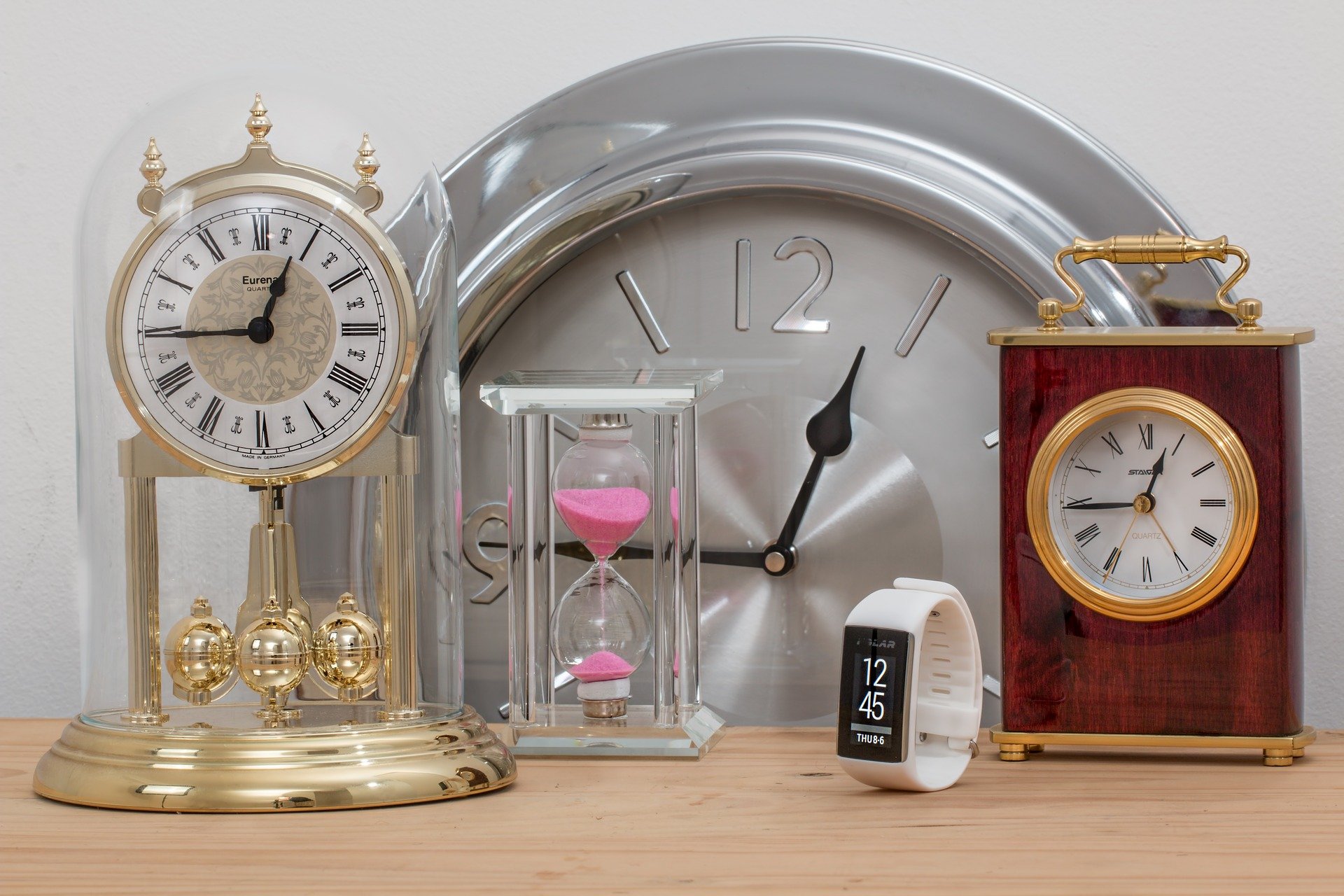When our loved one gets a diagnosis of Alzheimer’s disease, we want to do anything we can do to help. But while our minds may immediately go to getting the best medical care, looking into the most effective medications, or seeking out the best memory care center. But in the early stages of the disease, there are much simpler ways that we can help to slow the progression of the disease or make the journey easier. And one of the most practical ways we can help is delivered through a common object – a clock. More specifically, a dementia clock.
One of the most common signs of early stage dementia or Alzheimer’s is the inability to keep track of time. When you get confused over time, you can begin to feel exceptionally disoriented and anxious. This makes sense, as our lives have been structured largely around time and our relationship to it.
What is a Dementia Clock?
Dementia clocks have some special features which set them apart from normal, everyday clocks. A dementia clock is more user-friendly by design. It is easier for a senior to read and provides more information than a standard clock. The clock not only shows the time and date, but they also provide the day of the week and the time of day (morning, afternoon or night.) This helps those learning to live with Alzheimer’s to remember your weekly visit, or to distinguish sunrise from sunset.
The early stages of dementia can be very tough to deal with. Typically, the patient is still highly independent in many ways, however losing track of time affects many daily tasks. Losing a sense of time may cause them to skip meals, forget to take medication, or miss appointments. A dementia clock can help with time management of these activities. For one thing, by letting them know that it is morning, they can take their morning medication (easier to remember than a specific time). Also, many dementia clocks will allow you to program them with reminders and alerts.
Alzheimer’s causes detachment from time and memory; and because this, there is a sense of isolation from the world. This can lead to significant mental anxiety for seniors with Alzheimer’s and other forms of dementia. The functions inherent in the dementia clock are effective at easing that fear and anxiety. During early-to-mid-stage onset particularly, a dementia clock can keep seniors connected to both their home and their external lives.
Which Dementia Clock is Right for You?
Selecting the optimal dementia clock for your loved one’s needs might seem overwhelming at first, as there are many options available. The good news is that you are sure to find one with the features you need, within your personal budget.
For many people facing dementia, a standard calendar clock is an effective and affordable solution. As their name suggests, calendar clocks display the day, time and date. Most feature a digital display, although there are several analog models which your elderly loved one may feel more comfortable using. Dementia day clocks, which share the day of the week and time of day, is another popular choice in dementia clocks. They provide a useful way for seniors to get the information they need at a glance, without being too overwhelming or confusing. For those comfortable with more modern devices, a talking clock or tablet may be a good option. These devices are equipped with the personal assistant technology many have in their homes and can share the time, date or any appointment in response to a verbal command. Memory impaired seniors may even find the ability to “speak” with someone a comfort.
Alzheimer’s disease can be a scary and lonely journey – but you can make decisions which will help your loved one to cope with it gracefully and with peace.
A Banyan Residence provides caring and compassionate memory care facilities in Venice and the Villages. Call today for a tour or consultation.

